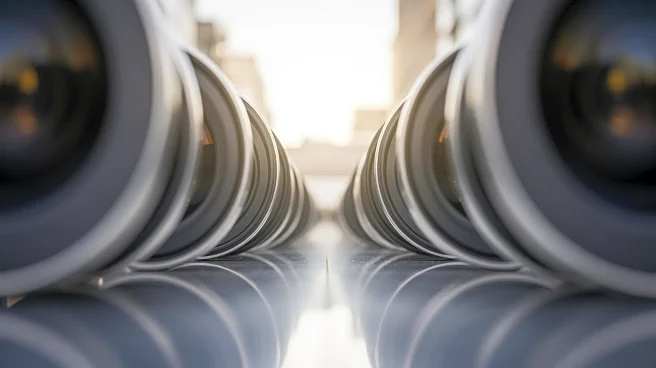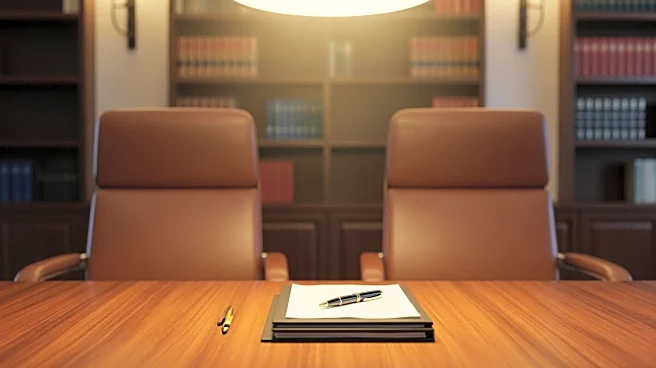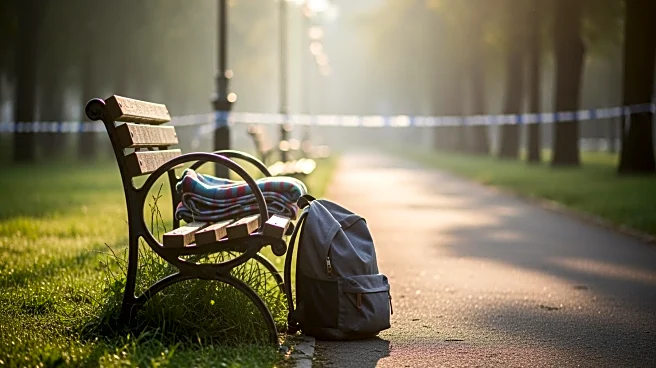What's Happening?
As millions prepare to participate in 'No Kings' protests against authoritarianism and President Trump's presidency, concerns have been raised about the safety of taking and sharing photos and videos at these
events. The Electronic Frontier Foundation warns that such activities could pose risks, especially for individuals targeted by the Trump administration. While legally protected, capturing and sharing images can inadvertently expose identifying details, potentially leading to surveillance by law enforcement or immigration authorities. This is particularly concerning for immigrants, who may face increased scrutiny. The American Civil Liberties Union advises protestors to be mindful of these risks and suggests measures to protect privacy, such as blurring faces in photos.
Why It's Important?
The issue highlights the tension between the right to free expression and the potential for government surveillance. As protests continue to be a vital form of political expression, the safety of participants becomes paramount. The risks associated with documenting protests underscore the need for stronger legal protections against surveillance and data-sharing between tech platforms and authorities. This situation also reflects broader concerns about privacy in the digital age, where personal data can be easily accessed and misused. The implications are significant for civil liberties, as individuals navigate the balance between activism and personal safety.
What's Next?
Advocacy groups may push for enhanced legal protections to safeguard protestors' rights and privacy. This could involve lobbying for legislation that limits data-sharing and surveillance practices. Additionally, there may be increased efforts to educate the public on digital security and privacy measures. As protests continue, organizers and participants will likely adopt more sophisticated strategies to protect themselves from surveillance, potentially influencing the future of protest movements in the U.S.
Beyond the Headlines
The situation raises ethical questions about the role of technology in monitoring public gatherings and the potential for abuse of power. It also highlights the cultural shift towards digital activism and the challenges it presents in terms of privacy and security. The ongoing dialogue around these issues may lead to a reevaluation of how society balances technological advancements with individual rights.








